IPPCAAS Reveals Core Microbiota Enhancing Maize Disease Resistance Through Host Metabolic Induction
The Innovation Team for monitoring and control of fungal diseases of grain crops at the Institute of Plant Protection, Chinese Academy of Agricultural Sciences (IPPCAAS), recently published a study titled "Bacillus species are core microbiota of resistant maize cultivars that induce host metabolic defense against corn stalk rot" in Microbiome . The research uncovers the ability of maize to recruit Bacillus species as core disease-resistant microbiota during infections caused by Fusarium graminearum and elucidates their disease-suppressing mechanisms.
Corn stalk rot is a globally prevalent soil-borne disease that has intensified in China due to the widespread adoption of practices such as straw returning. This disease poses a severe threat to maize production. Microbiomes, often referred to as the "second genome" of plants, play a critical role in maintaining plant health. Studying the interactions between microbial communities in maize tissues and their host provides a theoretical basis and microbial resources for managing stalk rot.
By integrating microbiome, metabolome, and transcriptome analyses, the study revealed differences in microbial community structures and functions across various niches in resistant and susceptible maize inbred lines under F. graminearum stress. Resistant maize inbred lines were found to reshape their microbiomes, recruiting Bacillus species with three phenotypic traits: ecological niche occupation, secretion of antimicrobial compounds, and disease suppression without direct antagonistic effects. Pot experiments confirmed that synthetic consortia of the three types of Bacillus strains effectively enhanced maize resistance to corn stalk rot.
Furthermore, the study discovered that Bacillus strains with no direct antagonistic effects suppressed disease by specifically inducing the expression of Tyrosine Decarboxylase 1 (TYDC1) , promoting the biosynthesis of berberine, which inhibits disease progression. This finding provides a mechanistic understanding of the role of Bacillus as core microbiota in maize resistance to Fusarium graminearum and offers valuable microbial resources for developing biocontrol products for corn stalk rot.
The study's co-first authors include Dr. Xia Xinyao, a recent graduate now at the Shandong Academy of Agricultural Sciences, and Ph.D. candidates Wei Qiuhe and Associate Professor Wu Hanxiang, with Professor Liu Wende as the corresponding author. Additional contributions were made by Associate Professor Guo Yuanwen (IPPCAAS) and Professor Sun Wenxian (China Agricultural University). The research was supported by the National Key R&D Program (2022YFD1402000) and the Agricultural Science and Technology Innovation Program of CAAS.
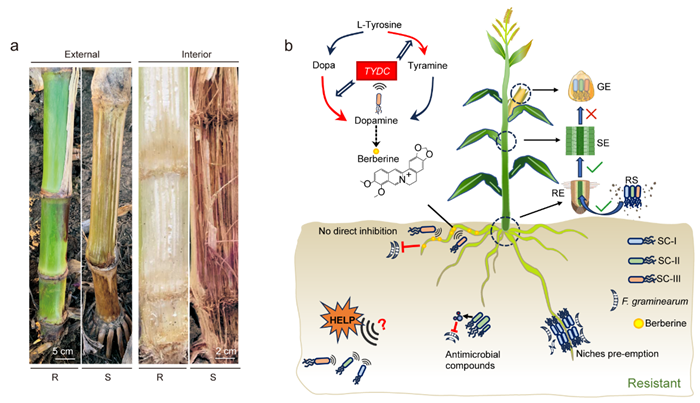
-
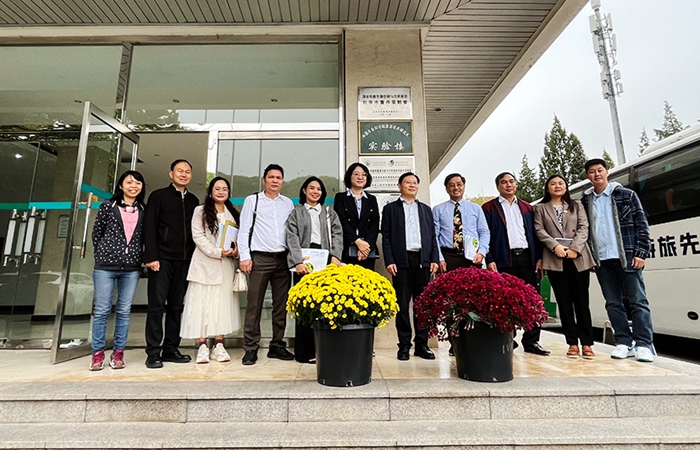 Dec 04, 2024Vietnamese Delegation Visited the Institute of Vegetables and Flowers
Dec 04, 2024Vietnamese Delegation Visited the Institute of Vegetables and Flowers -
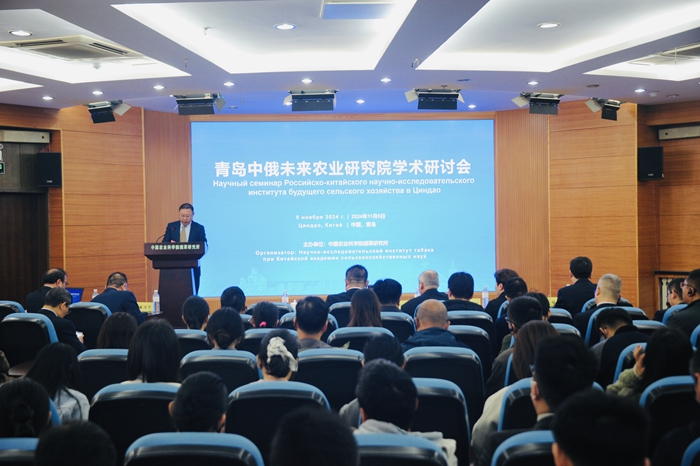 Dec 04, 2024Symposium of Qingdao Sino-Russian Future Agricultural Research Institute Successfully Held
Dec 04, 2024Symposium of Qingdao Sino-Russian Future Agricultural Research Institute Successfully Held -
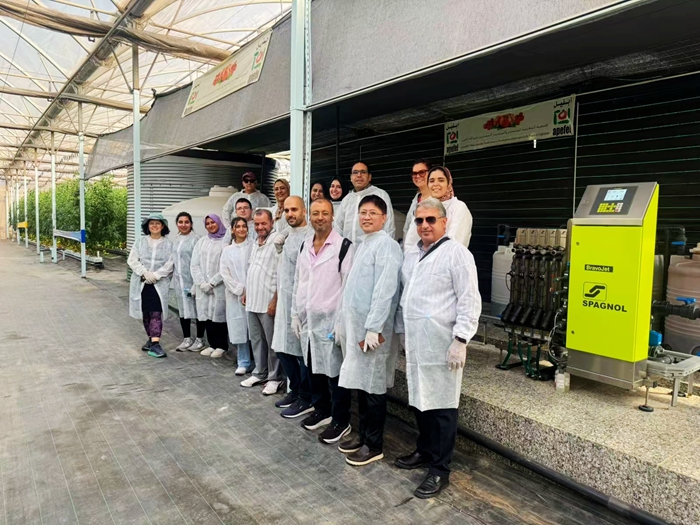 Dec 04, 2024IAED-CAAS Delegation Attends the Second Annual Conference of the Consortium for Research, Development, and Innovation in the Souss Massa Region, Morocco
Dec 04, 2024IAED-CAAS Delegation Attends the Second Annual Conference of the Consortium for Research, Development, and Innovation in the Souss Massa Region, Morocco -
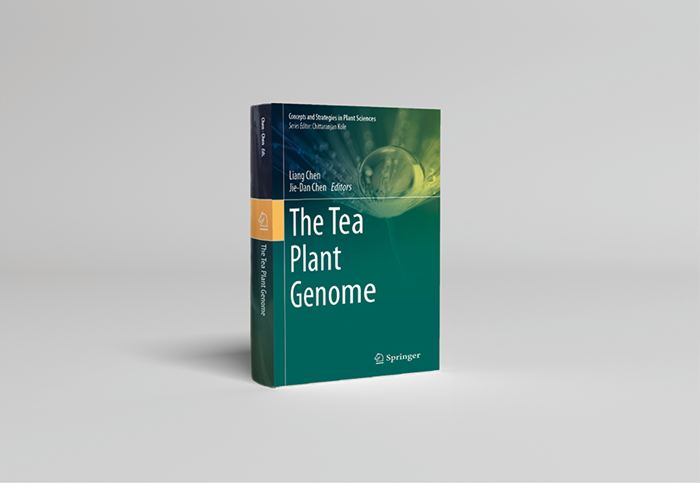 Dec 04, 2024New Book on Tea Plant Genome Released by TRI CAAS
Dec 04, 2024New Book on Tea Plant Genome Released by TRI CAAS -
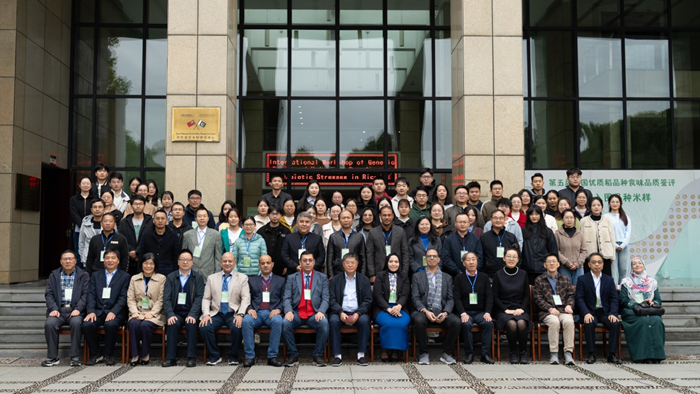 Dec 04, 2024CNRRI Hosted International Seminar on Genetic Basis and Molecular Breeding of Abiotic Stress in Rice
Dec 04, 2024CNRRI Hosted International Seminar on Genetic Basis and Molecular Breeding of Abiotic Stress in Rice
